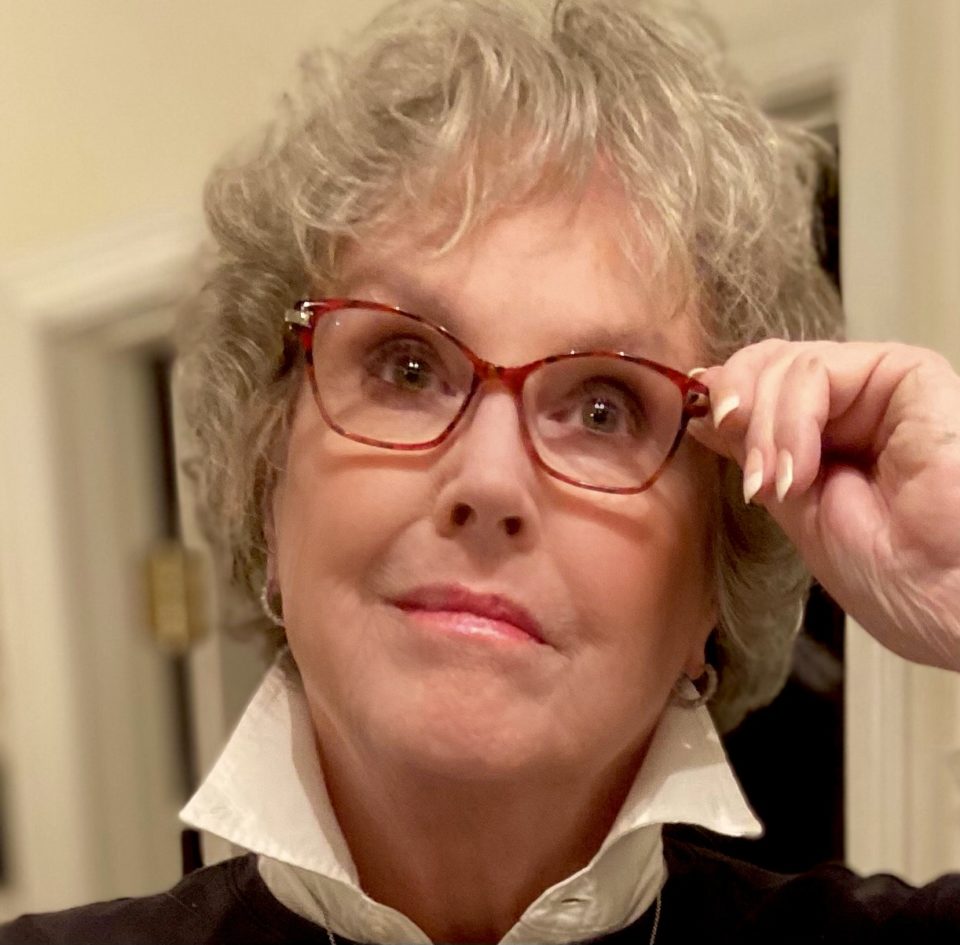
Events, experiences and places inspire authors to create award-winning stories
All writing carries some facts and experiences of an author even when the story is based on anything but real life. However, many books bring a great deal of reality into the story. True life can be the basis of mysteries, thrillers, romances, and of course, historical fiction. Here at Fact to Fiction, we will share with you events and experiences that were or might have been inspirations for award-winning stories!
Meet Deborah Lynn our From Fact to Fiction editor who will be sharing with you fun and interesting inspirations for some of our award-winning books-
Hi All!
Besides beta reading and editing I’ve been married 55 years and am a mom to two grown children and a grandmother (they still choose to call me “Ohma!”) to two almost-grown young men. I started college very late but now hold a Master’s in Clinical Social Work. I exercise because I have too. We’ve been lucky enough to extensively travel. My hobbies are painting, gardening, voraciously reading everything I can get my hands on about English medieval history, science generally/quantum physics specifically and sci fy. Currently, I am working on a 2nd soccer t-shirt quilt for my 2nd grandson who’s graduating high school and going on to college this year. Woo-Hoo!
Deborah Lynn
A Very Thankful Thanksgiving
The Pilgrim’s First Thanksgiving Story
The Hobo Family
Thanksgiving in the New-Found Land
Moi Name’s Jenno
Inspired by Halloween
The One that Got Away
Non-Fiction and The Brothers Path
What Influences You To Write?
Most Shared Posts
- On the road with Apple Turnovers!
- Grab a Meat Pie and travel back in time!
- A closer Look
- Egyptian Jews- a Culinary Community
- What do you know about self-publishing?
- The Plague!
- Trucking Together!
- A conundrum!
- Memories of the Deli-
- Time Travel
- A Trip into Medieval England
- Ahh! Summer Reading & a Lovely Tomato Salad
- Time Travel
- A Memorial Day Special!
- Delicious Savory Onion Pie is paired with this month’s Foodie Lit historical novel, Infants in the Brush.
- “I TRIPLE-dog-dare ya!”
- Handfasting- a commitment by joining hands
- Attention Mainstream & Self-Published Authors!
- Have you ever wondered how snowflakes are made?
Most Discussed Posts
- On the road with Apple Turnovers!
- Grab a Meat Pie and travel back in time!
- A closer Look
- Egyptian Jews- a Culinary Community
- What do you know about self-publishing?
- The Plague!
- Trucking Together!
- A conundrum!
- Memories of the Deli-
- Time Travel
- A Trip into Medieval England
- Ahh! Summer Reading & a Lovely Tomato Salad
- Time Travel
- A Memorial Day Special!
- Delicious Savory Onion Pie is paired with this month’s Foodie Lit historical novel, Infants in the Brush.
- “I TRIPLE-dog-dare ya!”
- Handfasting- a commitment by joining hands
- Attention Mainstream & Self-Published Authors!
- Have you ever wondered how snowflakes are made?
Blog Categories
- Anne R. Allen
- Authors' Chat
- award winning books
- Bloggers
- Book Giveaway
- Book Marketing
- Book Spotlight
- Christmas
- Crime and Mystery
- Editing
- Editing by Ellie
- Food for Thought
- Foodie Lit
- From Fact to Fiction!
- genres
- Graphic Design
- Halloween
- In Praise of indieBRAG
- indieBRAG
- indieBRAG 2017 Cover Contest
- indieBRAG Kids
- indieBRAG News!
- Legal Tips from Helen Sedwick
- Marketing an indie Book
- Middle Grade Reader
- Novel Conversations with Helen Hollick
- Readers Thoughts!
- Romance
- Steena Holmes
- teen books
- Teen Week
- Thanksgiving
- The B.R.A.G.Medallion
- The Self-publishing World
- The World of Reading
- Words of Wisdom
- Writers, Readers & Self Publishing
- young adult









